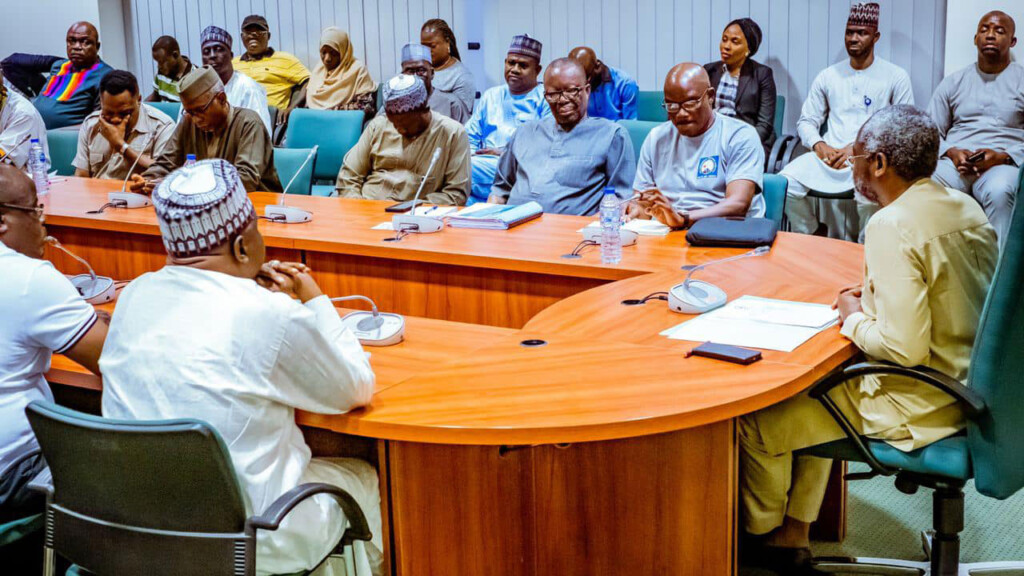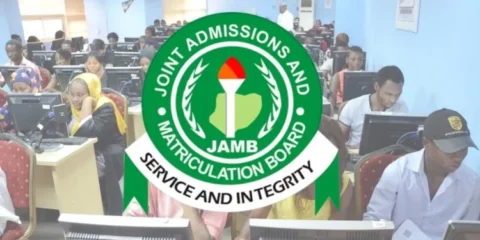The ongoing disagreement over the proposed 80:20 sharing formula for the disbursement of N50 billion in outstanding allowances for university staff is deeply unfortunate, particularly given its potential to disrupt university administration across Nigeria. Stakeholders rightly fear that the relative calm currently prevailing in the nation’s public universities could be jeopardized by a dispute rooted in what was intended as a peace-building intervention.
Given the immense collateral damage usually incurred when the academic calendar is disrupted, it is imperative that the government and all involved unions urgently engage in dialogue to resolve their differences. Nigerians, who have long endured the cycles of strikes and disruptions within the university system, would find it difficult to forgive the unions should this matter result in yet another interruption of academic activities.
The friction stems from the decision by the Federal Government to release N50 billion as part of an intervention aimed at settling all pending allowances for academic and non-academic staff in federal universities. However, the Senior Staff Association of Nigerian Universities (SSANU) and the Non-Academic Staff Union of Educational and Associated Institutions (NASU) have jointly rejected the proposed allocation model. In a statement released in Abuja, the two unions described the formula— which allocates 80 percent of the funds to members of the Academic Staff Union of Universities (ASUU), leaving the remaining 20 percent to be shared among SSANU, NASU, and the National Association of Academic Technologists (NAAT)— as “grossly unfair, provocative, and unacceptable.”
The leadership of SSANU and NASU, represented by NASU General Secretary Peters Adeyemi and SSANU National President Mohammed Ibrahim, argued that this formula risks deepening existing divisions between teaching and non-teaching staff. They warned that it could trigger further unrest within the universities. Stressing that this is not an issue of union rivalry but one of fairness and recognition, the unions underscored the vital role played by non-teaching staff in maintaining the stability and functionality of Nigerian universities. They called on the government to urgently revisit and revise the disbursement model to avoid sowing further dissatisfaction.
It is notable that the government has not publicly explained the rationale behind the 80:20 formula. While the intent to address long-standing grievances within the sector is commendable— particularly as the government has often been guilty of failing to honor its agreements— the lack of transparency in determining the allocation risks undermining this very effort. The university sector, long plagued by inadequate funding and neglect, continues to grapple with a host of structural challenges: dilapidated infrastructure, insufficient accommodation, outdated library and laboratory resources, and a lack of modern teaching aids. These deficiencies have driven repeated strike actions and contributed to a damaging brain drain, with many of Nigeria’s brightest intellectuals and professionals seeking opportunities abroad.
In this context, the government’s latest intervention, though unlikely to solve all the sector’s problems, represents an important step toward restoring stability. It is therefore essential that the process of allocating these funds be handled with openness and fairness. While teaching and research lie at the heart of university life, their success depends fundamentally on the support and contributions of non-teaching staff. Any disparities in allocation must be clearly justified with transparent statistics and data, to prevent antagonism and mistrust among the various unions.
The non-academic unions have pointed out that a 2022 agreement with the federal government had stipulated equal distribution of allowances between academic and non-academic staff, further complicating the present dispute. That agreement, which brought an end to a protracted strike by NASU and SSANU in August 2022, also addressed other critical issues such as the conditions of service and the controversial Integrated Personnel and Payroll Information System (IPPIS). It is curious, however, that an agreement could call for equal disbursement between groups with differing membership sizes and challenges. Regardless, these are matters that can—and must—be resolved through constructive dialogue.
Ultimately, the unions must remember that the release of these funds, despite the government’s past failings, is intended to alleviate some of the universities’ most persistent problems. It is crucial that all parties work together to ensure this opportunity is not squandered. By fostering cooperation rather than conflict, the unions can help pave the way for a more stable and effective university system— one that will better serve the nation and its future generations.




